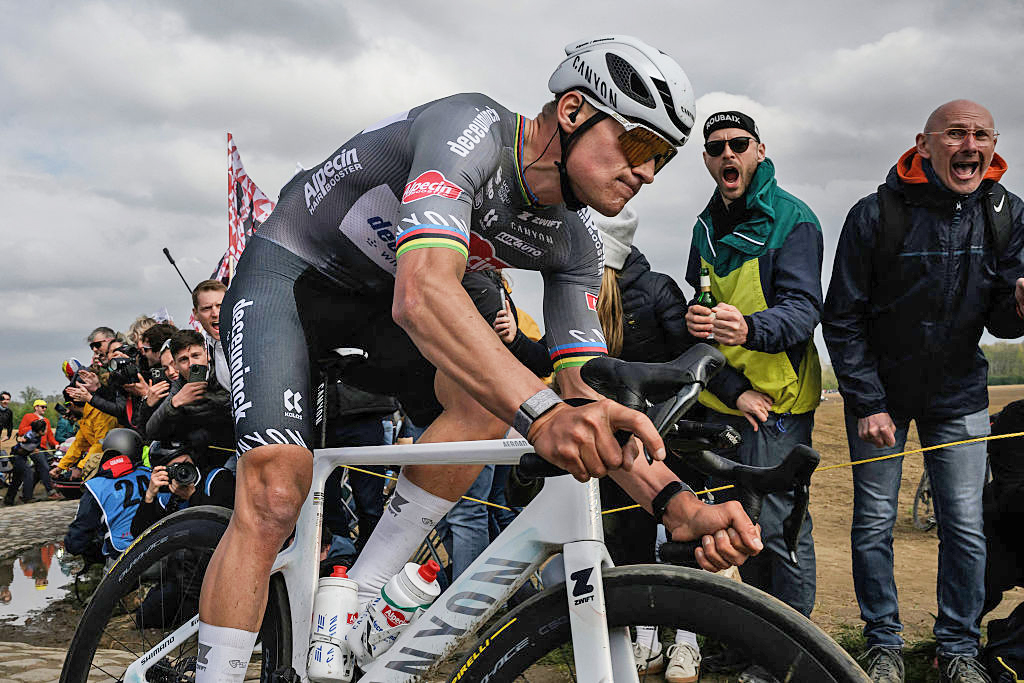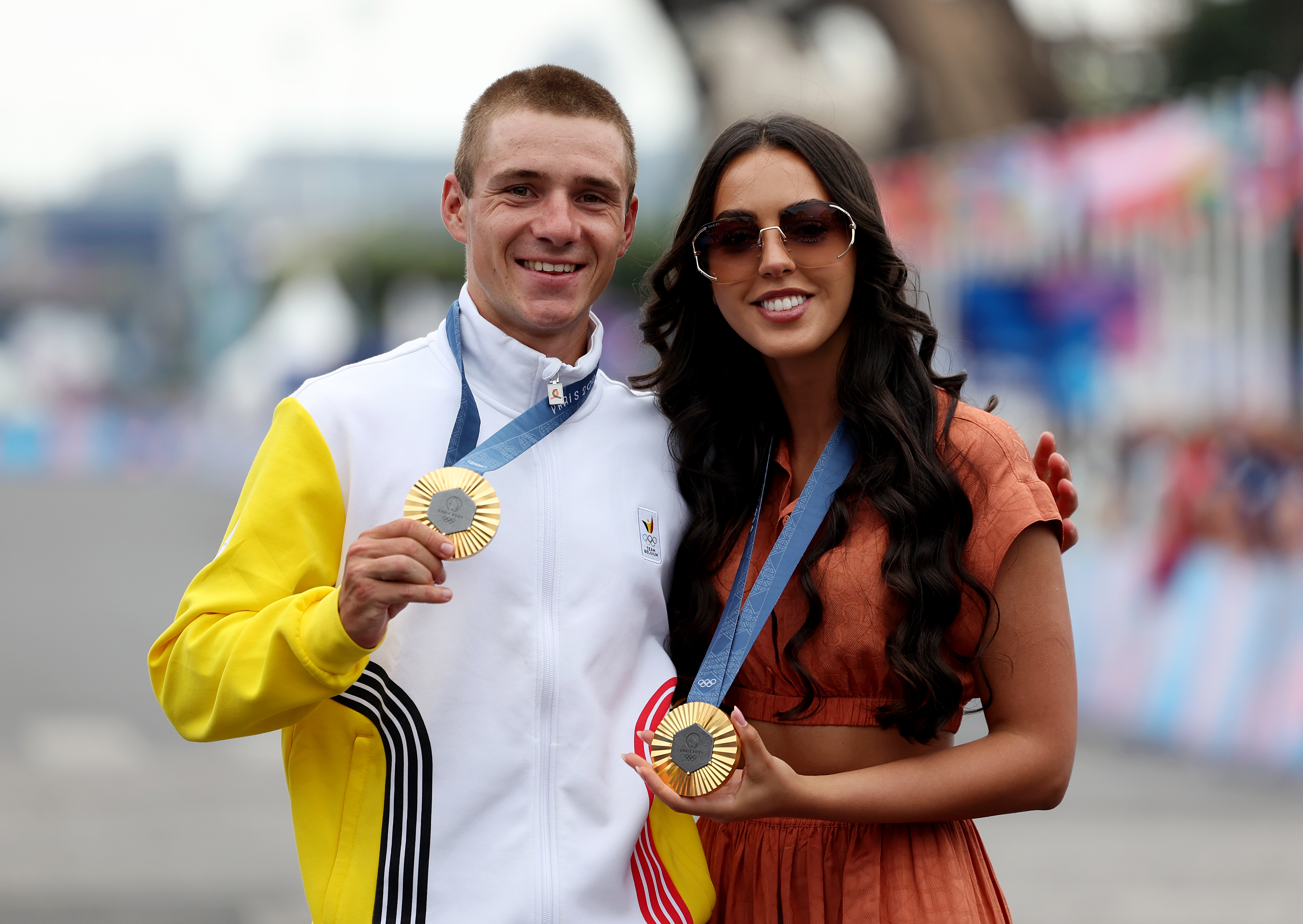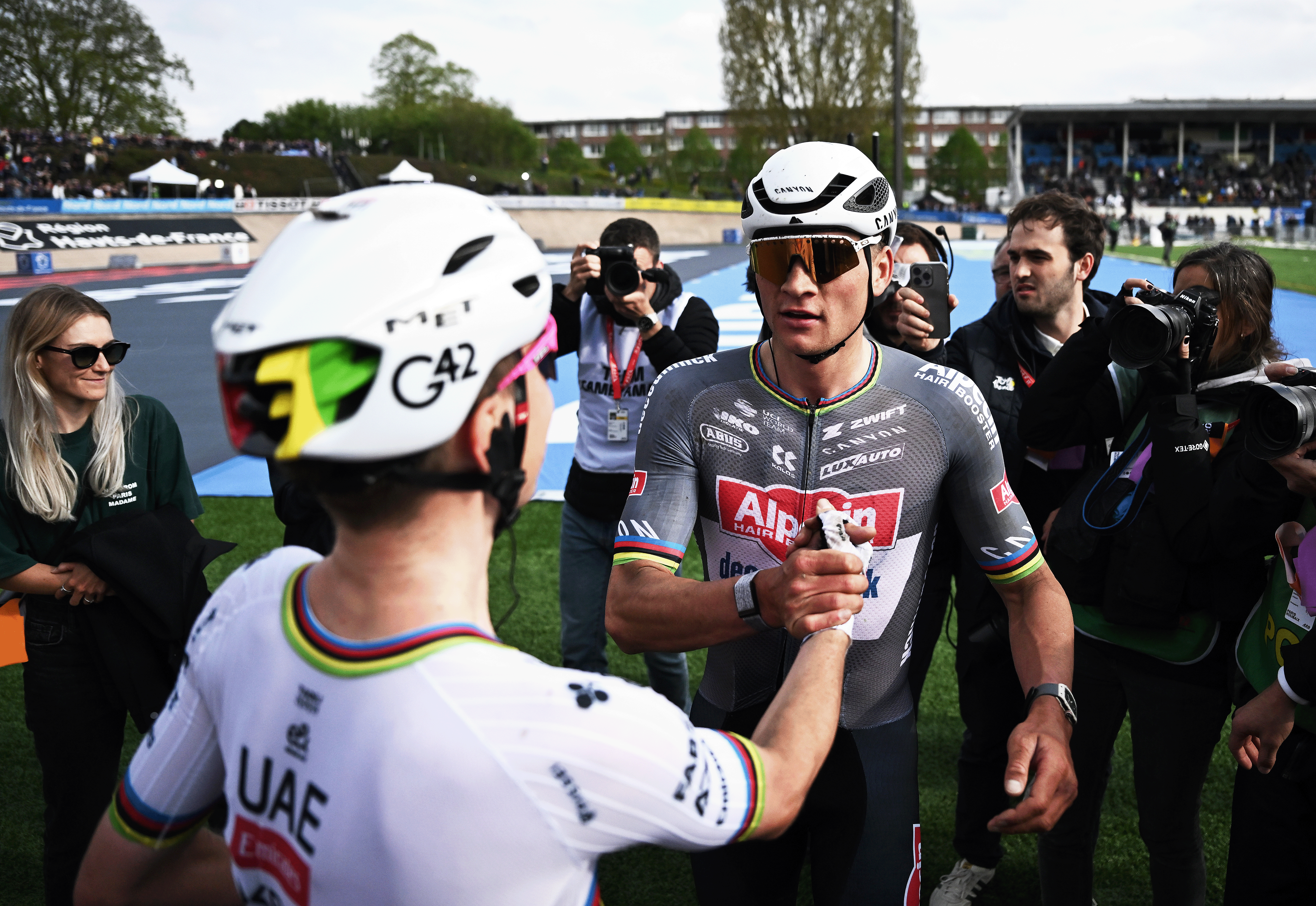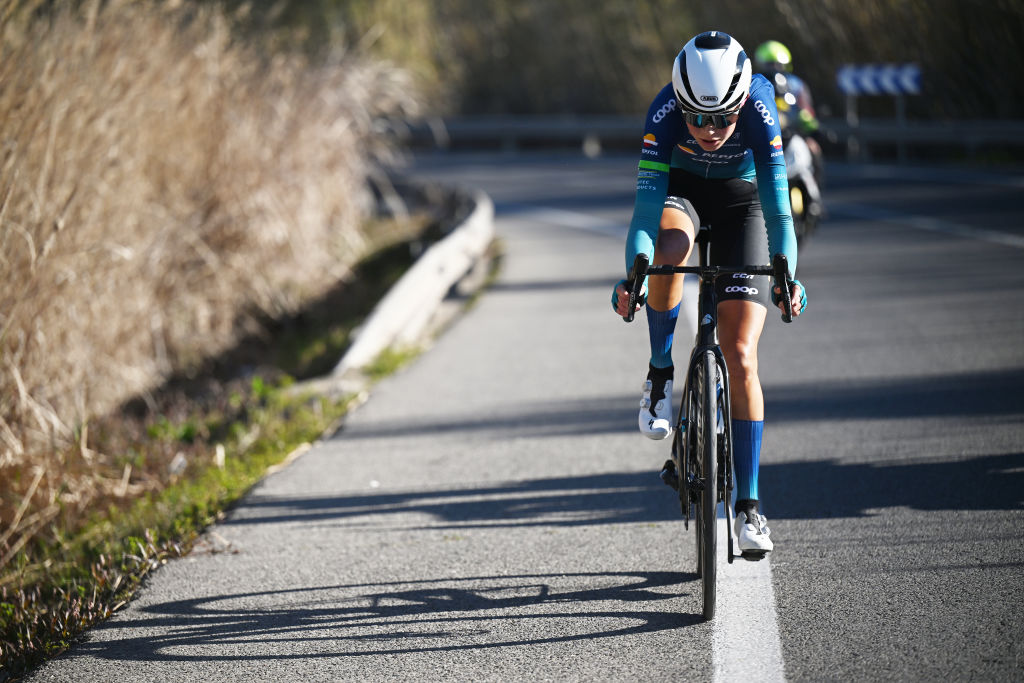A wide-open Tour de Pologne without Kwiatkowski – Preview
Returning Gaviria and Ackermann likely to dominate bunch sprints
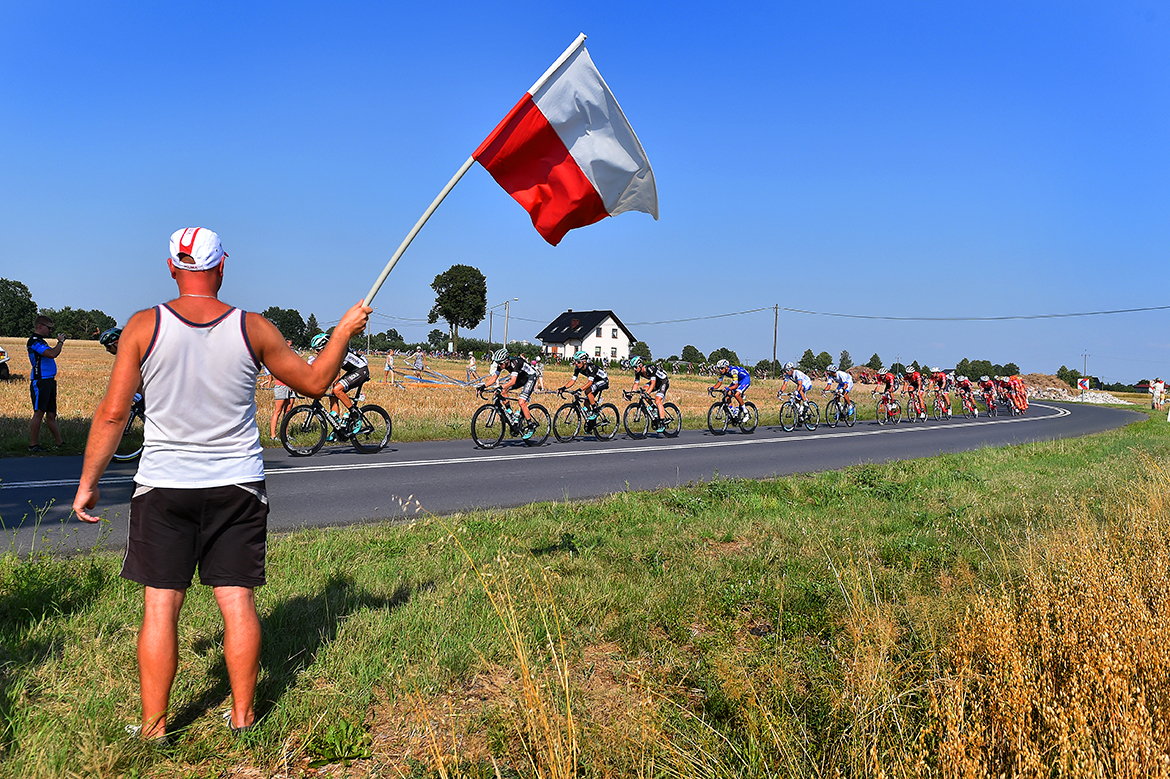
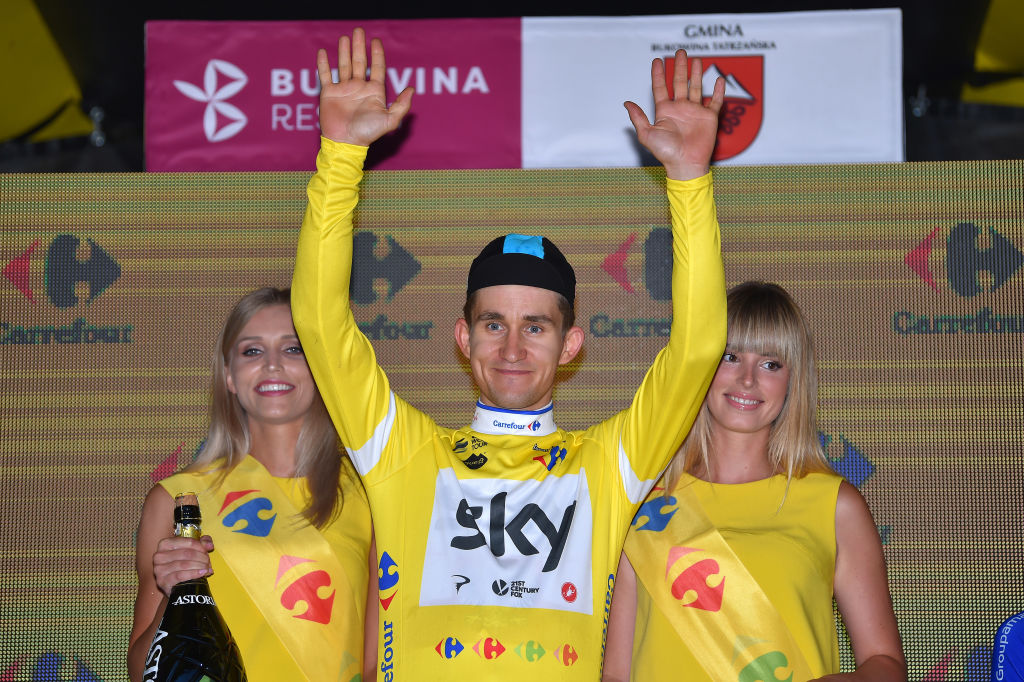
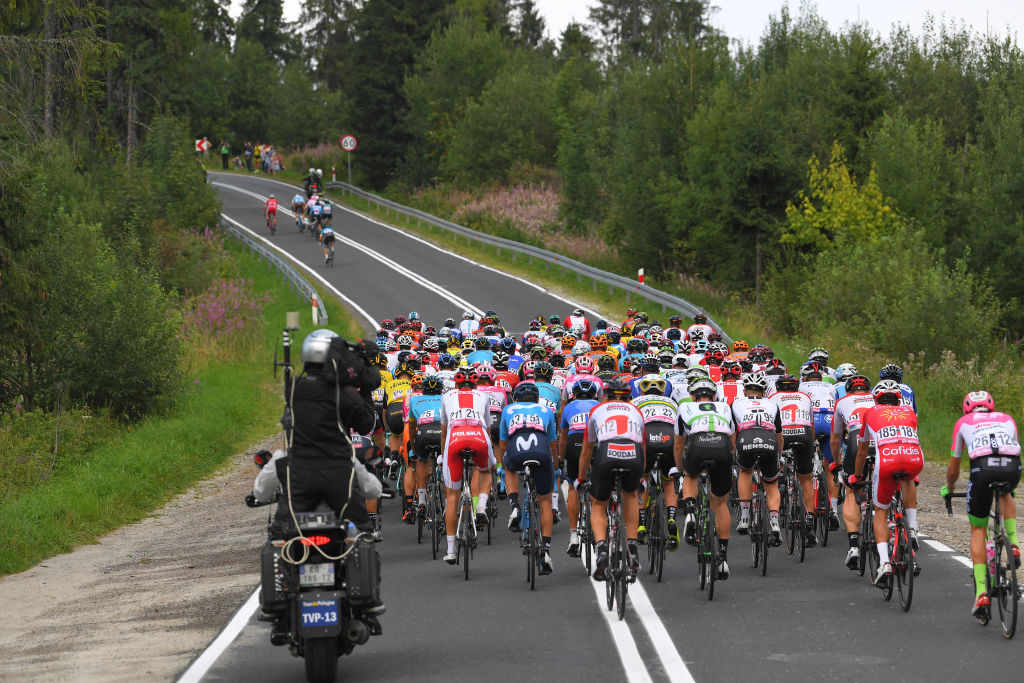
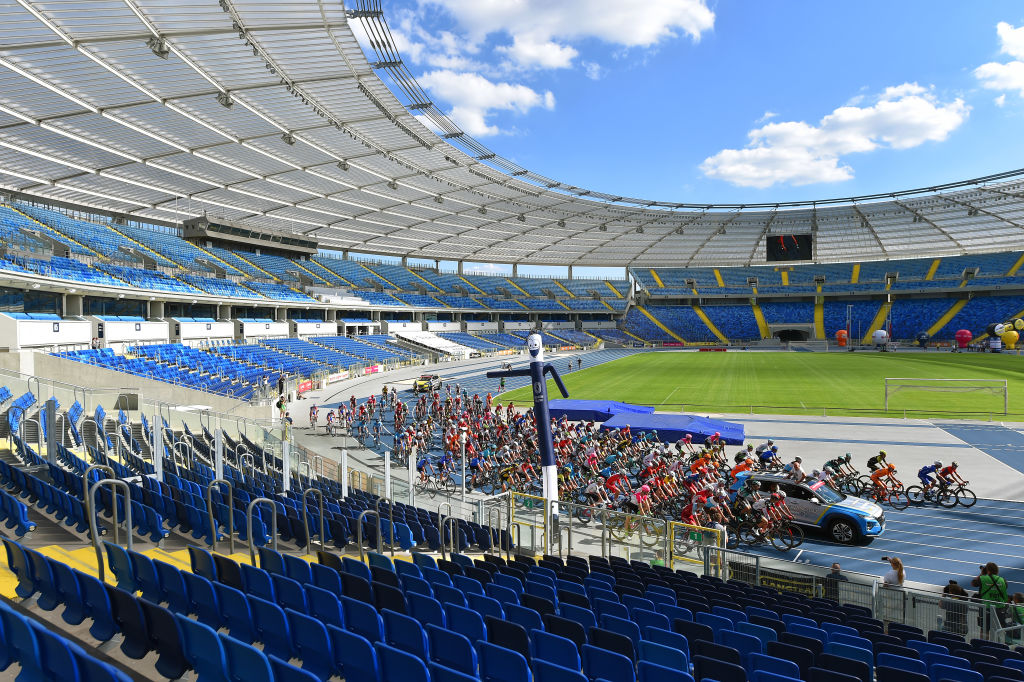
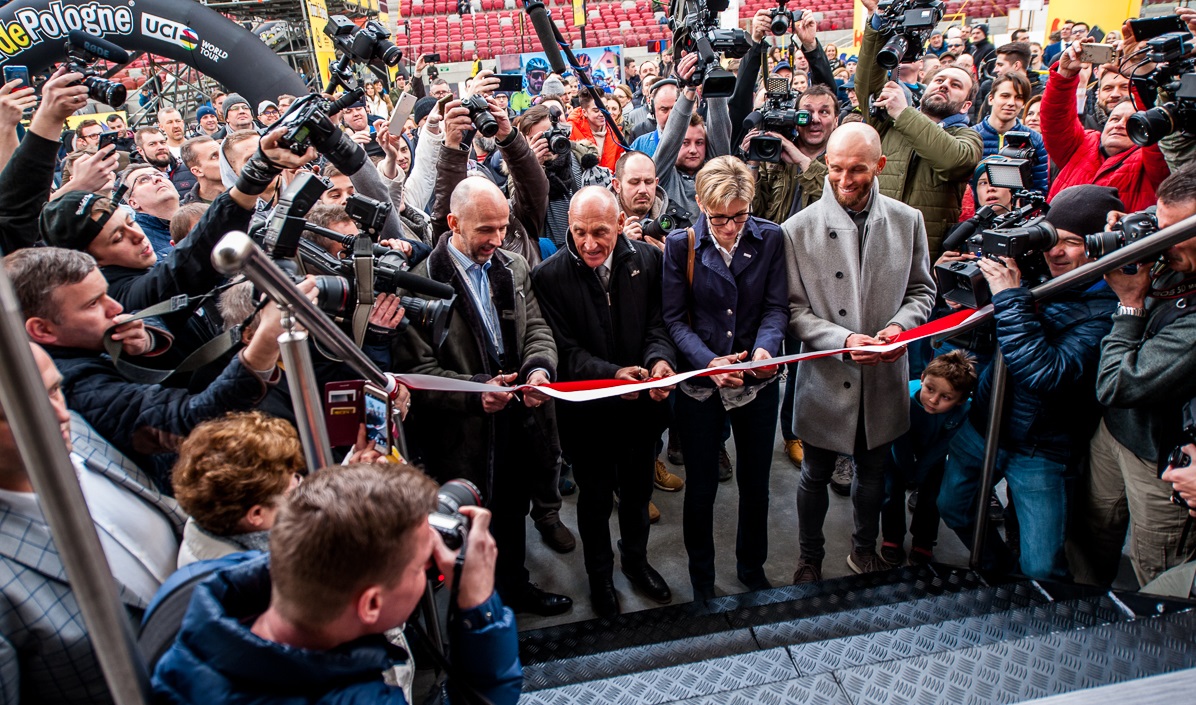
The Tour de France has barely concluded but WorldTour stage racing returns with Eastern Europe’s biggest bike race, the Tour de Pologne, which gets under way in Krakow on Saturday. This year’s event could be even more unpredictable than usual.
Tough uphill finishes and a field of racers who, for the most part, have not been in action since well before the Tour de France, combine to make the race a real blast of fresh summer air in comparison to more formulaic events.
Just as the Tour de France was largely dominated by a power vacuum given the absence of Chris Froome, this year’s Tour de Pologne will likely have an unpredictable script after the recent announcement by the country’s leading rider, Michal Kwiatkowski (Team Ineos), that he would not be taking part.
Following his lacklustre Tour de France, Kwiatkowski will not be defending his 2018 title on home soil – a decision that will have some instant, major, knock-on effects. Given his domination of the Tour de Pologne last year, with two stage wins and a staunch defence of the overall lead, his absence instantly creates a very different, and in some ways more intriguing, race. Furthermore, Ineos will now not necessarily be the team that keeps the Tour de Pologne under control.
That was never a very straightforward a process anyway, given the traditionally very tricky nature of the route and absence of a ‘queen stage’ until the finale in the Tatras mountains.
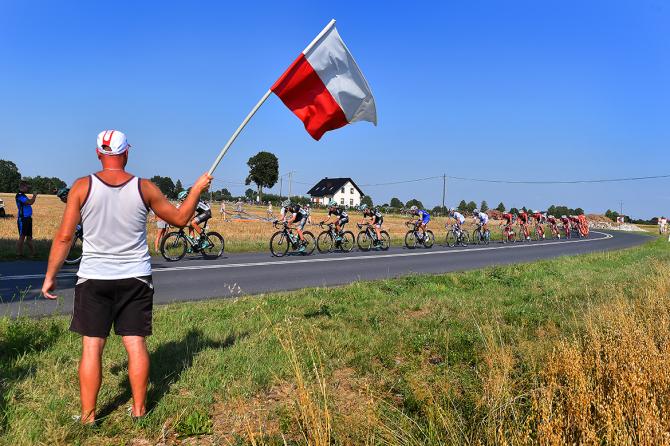
A similar route to 2018 but with new climbs
At first glance, the route is almost identical to 2018, centring purely on the southern side of the country, and starting in the nation’s former capital, Krakow. Once again, there is no time trial, and the first three stages are all but identical in format to last season’s race, and are virtually certain to be decided in bunch sprints – including the notoriously fast downhill finish in Katowice.
Stage 4 to Kocierz, however, with its new, steep kilometre-long ‘wall’ with ramps of 20 per cent, will give the GC names a first chance to move to the top of the classification. The grinding uphill sprint stage 5 finish of Bielsko-Biela, also a repeat of 2018, tends to provide an fascinating opportunity for the GC favourites to ‘mix it up’ with the fast men on the course. A year ago, Kwiatkowski took his second stage win here.
It is stages 6 and 7, both of which run deep in the Carpathian mountains on Poland’s southern border, that are likely to provide the biggest springboards for the GC racers.
Stage 6, starting and finishing in Zakopane, is a non-stop series of Ardennes-like climbs on narrow, winding roads and ends with a new, downhill dash back into the start town. Stage 7, using a series of equally difficult ascents, finishes in Bukowina, shortly after a climb rated as first category. In truth, this is a finish for puncheurs rather than the out-and-out mountain specialists, but it will prove crucial all the same.
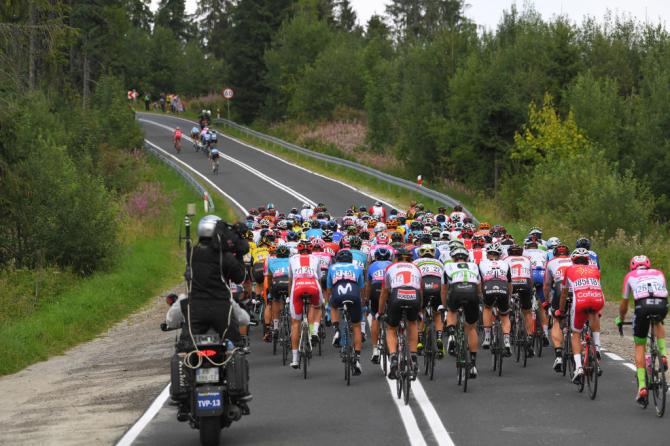
The sprinters’ field is the usual impressive one, headlined by Fernando Gaviria (UAE Team Emirates). Gaviria missed out on the Tour and is back after an uneven Giro d’Italia, where he picked up a stage win in Orbetello, earned when Elia Viviani (Deceunink-Quick Step) was relegated, followed by a sudden abandon. Another Giro sprint star, Pascal Ackermann (Bora-Hansgrohe), twice victorious in Poland last year, is also present.
Former Tour de Pologne stage winners such as Danny Van Poppel (Jumbo-Visma), Sacha Modolo (EF Education First), Dutch national champion Fabio Jakobsen (Deceunink-QuickStep) and Luka Mezgec (Mitchelton-Scott) will also be aiming to give Ackermann and Gaviria a run for their money. Mark Cavendish (Dimension Data) is also riding, after missing out on Tour de France selection in what has been another difficult season.
One Pologne sub-plot that could move into the centre stage will be whether John Degenkolb (Trek-Segafredo), a stage winner back in 2012, and Jose Joaquin Rojas (Movistar), briefly the race leader in Pologne in 2008, are looking to mix it in with the sprinters or go in the breaks – or both.
In the fight for the overall victory, all-rounders, GC stars and Classics specialists of the calibre of Matej Mohoric (Bahrain-Merida), Astana's Ion Izagirre and Miguel Angel Lopez, Diego Ulissi (UAE Team Emirates) and Bob Jungels (Deceuninck-QuickStep) could all be in with a shout of victory.
Izagirre is a fomer Pologne winner, and has twice finished second, and will be using the Tour de Pologne as a starting point for building towards the Vuelta a España. Bora-Hansgrohe's Rafal Majka, a former Pologne winner himself, will doubtless be the centre of local hopes. Pavel Sivakov could be another key name to watch. In the absence of Kwiatkowski, Sivakov will have greater room for manoeuvre at Team Ineos.
Get The Leadout Newsletter
The latest race content, interviews, features, reviews and expert buying guides, direct to your inbox!
Alasdair Fotheringham has been reporting on cycling since 1991. He has covered every Tour de France since 1992 bar one, as well as numerous other bike races of all shapes and sizes, ranging from the Olympic Games in 2008 to the now sadly defunct Subida a Urkiola hill climb in Spain. As well as working for Cyclingnews, he has also written for The Independent, The Guardian, ProCycling, The Express and Reuters.
Latest on Cyclingnews
-
UCI, Alpecin-Deceuninck to pursue bidon thrower 'so that such behaviour is severely punished'
Mathieu van der Poel's team: 'misbehaviour of a few individuals can have far-reaching consequences' -
'Without you, I would probably have stopped my career' – Remco Evenepoel thanks wife Oumi in emotional post ahead of return from 'dark period'
Olympic champion primed for first race since October at Friday's Brabantse Pijl after 'the hardest battle of my life so far' -
What's next for Paris-Roubaix's protagonists? – Van der Poel ends Classics campaign as Pogačar heads to favoured terrain in the Ardennes
Dutchman and world champion not set to face off again until Tour de France in July after historic trio of one-day duels -
Sigrid Haugset finished Paris-Roubaix with fractured hip after crash with 60km to go
'When you’re in a race, you want to finish' says Norwegian after riding 59km, including 18km of cobbles, with injury

